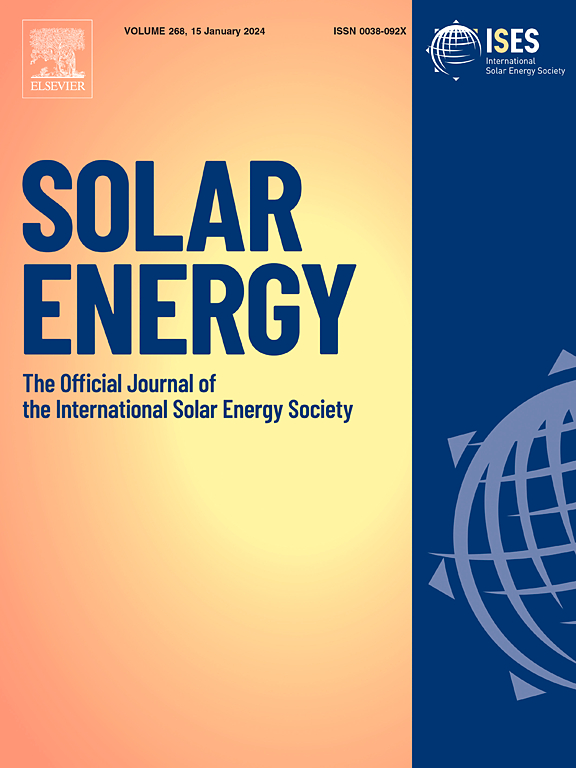Robustness of cost-optimal energy system designs: The role of short-term extreme weather events and dispatchable generation
IF 6
2区 工程技术
Q2 ENERGY & FUELS
引用次数: 0
Abstract
Modeling energy systems typically requires multiple weather years to ensure accurate results. However, running large-scale energy system models with multiple weather years is computationally intensive. To address this, a typical meteorological year is often used, which represents the long-term characteristics of historical weather. However, relying solely on such a representative year is insufficient due to the growing frequency of extreme weather events. It is crucial to consider how energy systems perform under extreme conditions to ensure a secure supply. This study addresses this need by focusing on weather-related extreme conditions of energy systems and employing various methods to generate synthetic weather years for a sector-coupled energy system. By configuring two system scenarios, we aim to identify a robust energy system configuration capable of accommodating all historical years. Additionally, we examine the characteristics of this system configuration and identify critical factors that influence system robustness to weather variability. Our results demonstrate the important role of dispatchable generation technologies in maintaining the security of supply. Furthermore, we find that short-term extreme events, such as 17 or 18 consecutive hours of extremely high residual load, can impose significant stress on the energy system, often exceeding the impact of longer-term extreme events.
成本最优能源系统设计的稳健性:短期极端天气事件和可调度发电的作用
能源系统建模通常需要多个天气年份来确保准确的结果。然而,运行具有多个天气年的大规模能源系统模型需要大量的计算。为了解决这个问题,通常使用典型的气象年,它代表了历史天气的长期特征。然而,由于极端天气事件日益频繁,仅仅依靠这样一个具有代表性的年份是不够的。考虑能源系统在极端条件下如何运行以确保安全供应是至关重要的。本研究通过关注能源系统与天气相关的极端条件,并采用各种方法为部门耦合能源系统生成合成天气年,解决了这一需求。通过配置两个系统场景,我们的目标是确定一个能够适应所有历史年份的健壮的能源系统配置。此外,我们研究了该系统配置的特征,并确定了影响系统对天气变化的鲁棒性的关键因素。我们的研究结果证明了可调度发电技术在维持供电安全方面的重要作用。此外,我们发现短期极端事件,如连续17或18小时的极高剩余负荷,会对能源系统施加显著的压力,往往超过长期极端事件的影响。
本文章由计算机程序翻译,如有差异,请以英文原文为准。
求助全文
约1分钟内获得全文
求助全文
来源期刊

Solar Energy
工程技术-能源与燃料
CiteScore
13.90
自引率
9.00%
发文量
0
审稿时长
47 days
期刊介绍:
Solar Energy welcomes manuscripts presenting information not previously published in journals on any aspect of solar energy research, development, application, measurement or policy. The term "solar energy" in this context includes the indirect uses such as wind energy and biomass
 求助内容:
求助内容: 应助结果提醒方式:
应助结果提醒方式:


